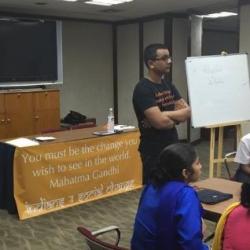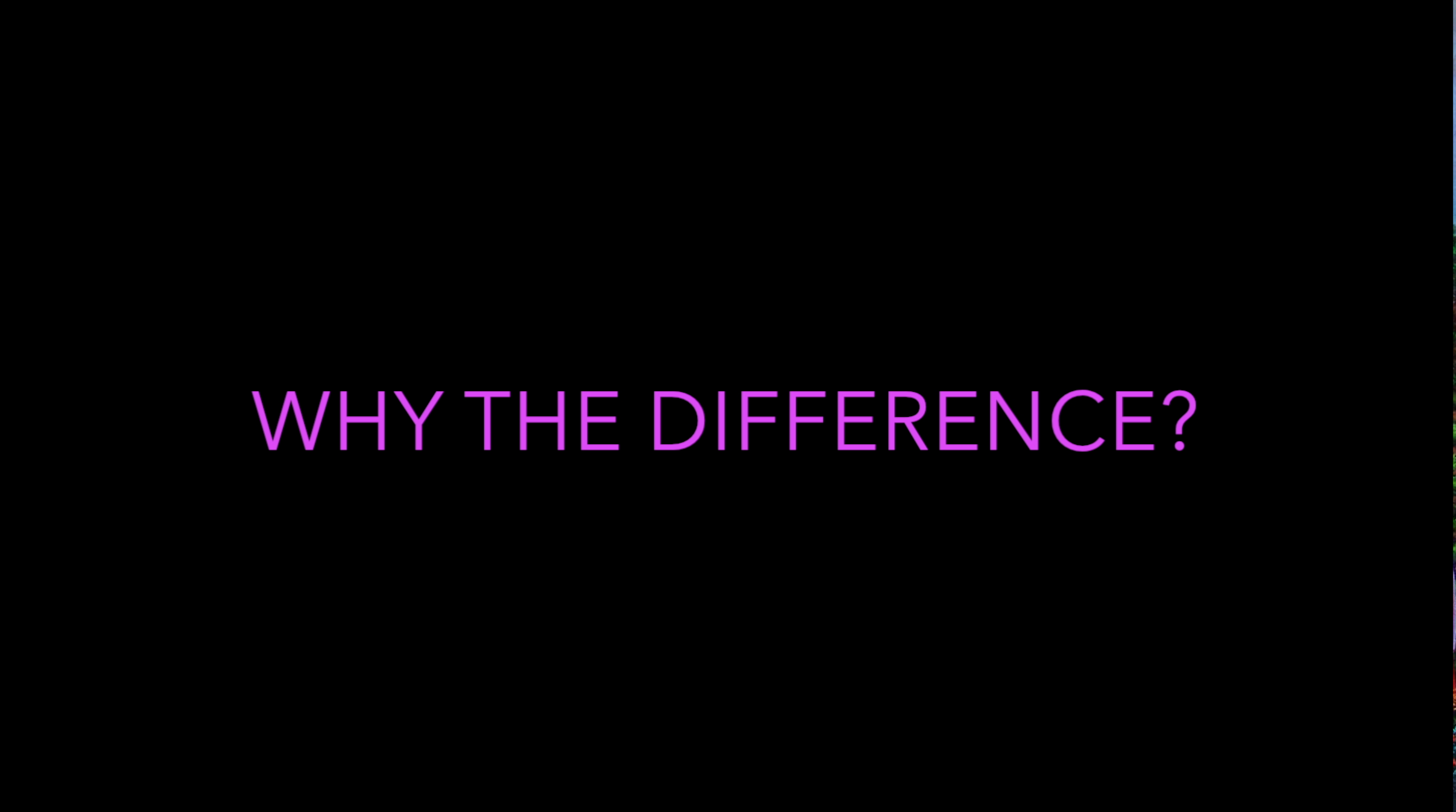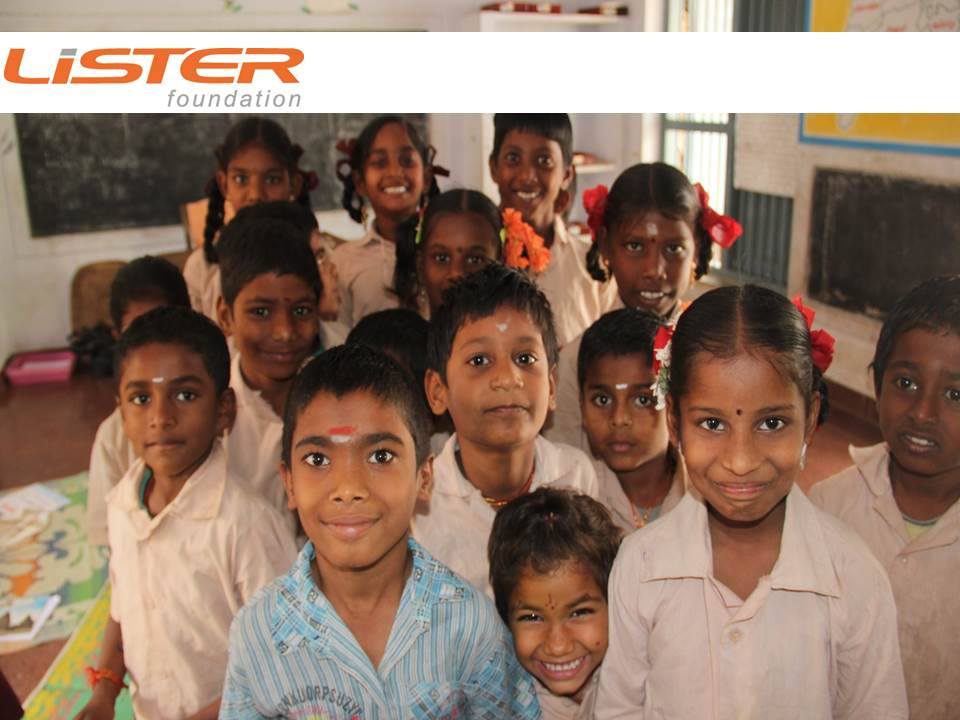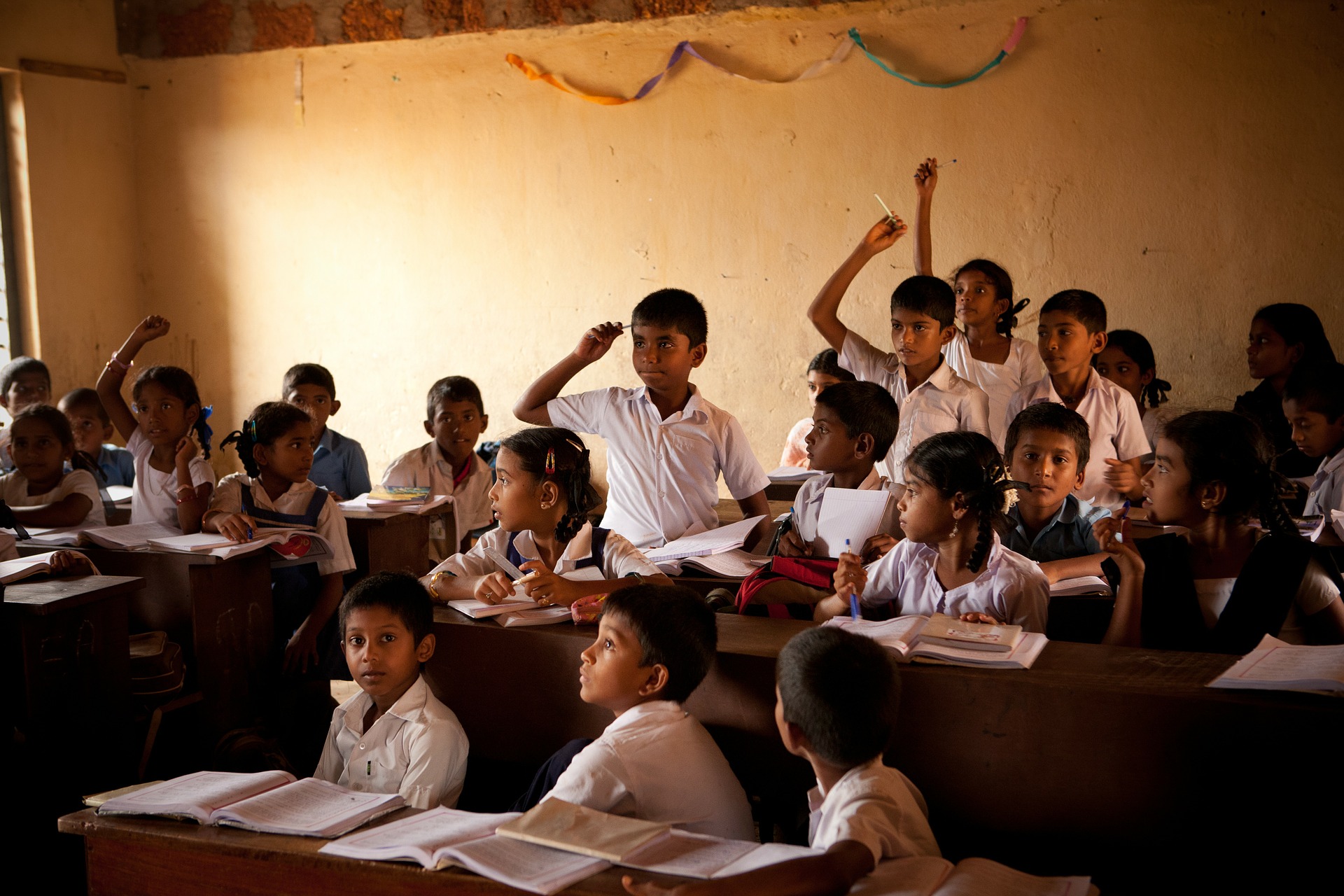Gender Discrimination Evident in Rural Indian Women's Breast Feeding Practices
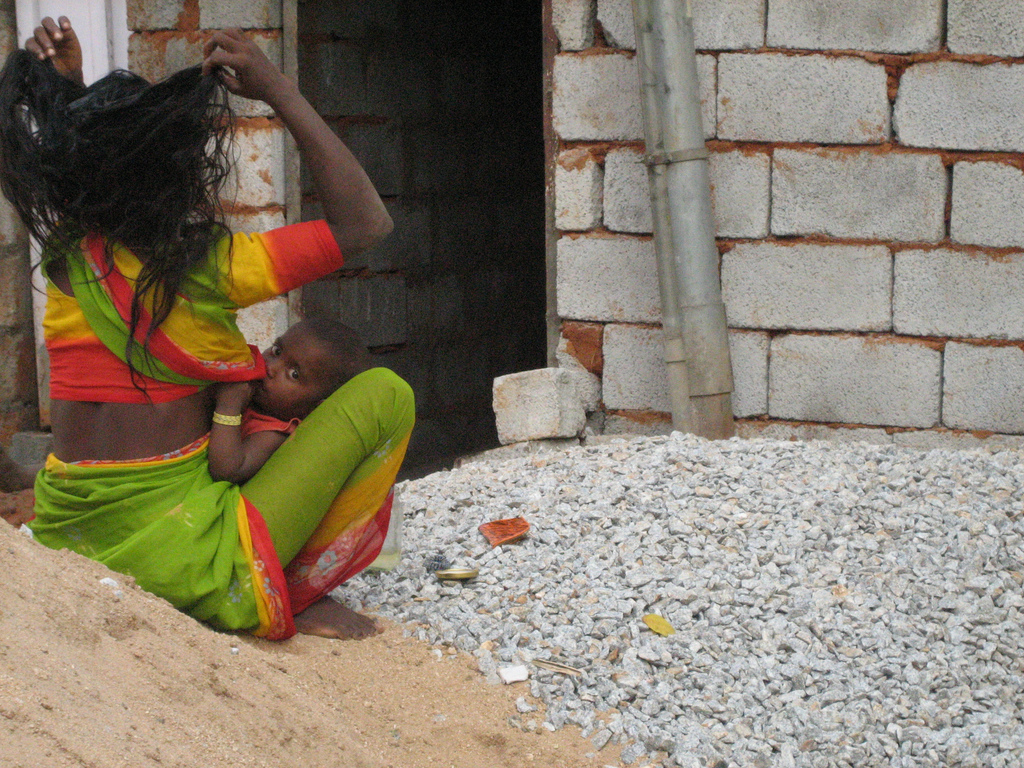
A study was recently published in the International Journal of Health Sciences and Research that studied rural women and breast feeding practices with twin infants (one male and one female).
The Study
The study had 200 mothers with one infant of each gender. Of the 400 infants, only 210 of them received exclusive breast feeding (EBF), which is when the infant is only fed breast milk and nothing else. Of those infants, 132 were male neonates and 78 were female neonates. This difference was statistically significant between the male and female infants.
Why?
The study asked the mothers the primary reason for not practicing EBF and the majority replied that it was due to inadequate milk production. The second most common reason was mother-in-laws advising against it. The authors of the study put it well when they write:
The brutal irony of such gender discrimination is that it is an evil perpetrated against girls by women themselves.
The gender bias among infants is strong in rural India, as males are seen as more valuable, and the rate of female infanticide is strong. Here is a table from the study that shows the breakdown in factors:

Importance
There are two key problems that the study points out. The first is that not enough infants, regardless of gender, are receiving exclusive breast feeding. The WHO has pointed out the countless benefits of EBF:
Exclusive breastfeeding reduces infant mortality due to common childhood illnesses such as diarrhoea or pneumonia, and helps for a quicker recovery during illness.
This is even more important in rural areas where those nutrients can’t be bought in the form of formula or supplements for the infant.
The second problem is the gender discrimination. India has to start valuing its girls or the future will not bright. One problem caused by an increased rate of infant mortality among female babies would be a further reduction in the ratio of females to males.
Solving The Problem
The study recommends that better counselling be provided to the family members and the mother. A better community system and a revamp of the health system are all necessary preconditions for a change in breast feeding practices. Increased education for the women would also help prevent some of the misunderstandings and problems that result from biased sources of information.
[Image Attribute: Tricia Wang via Compfight cc]